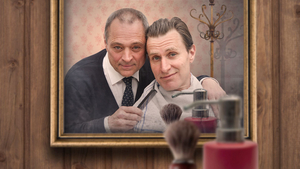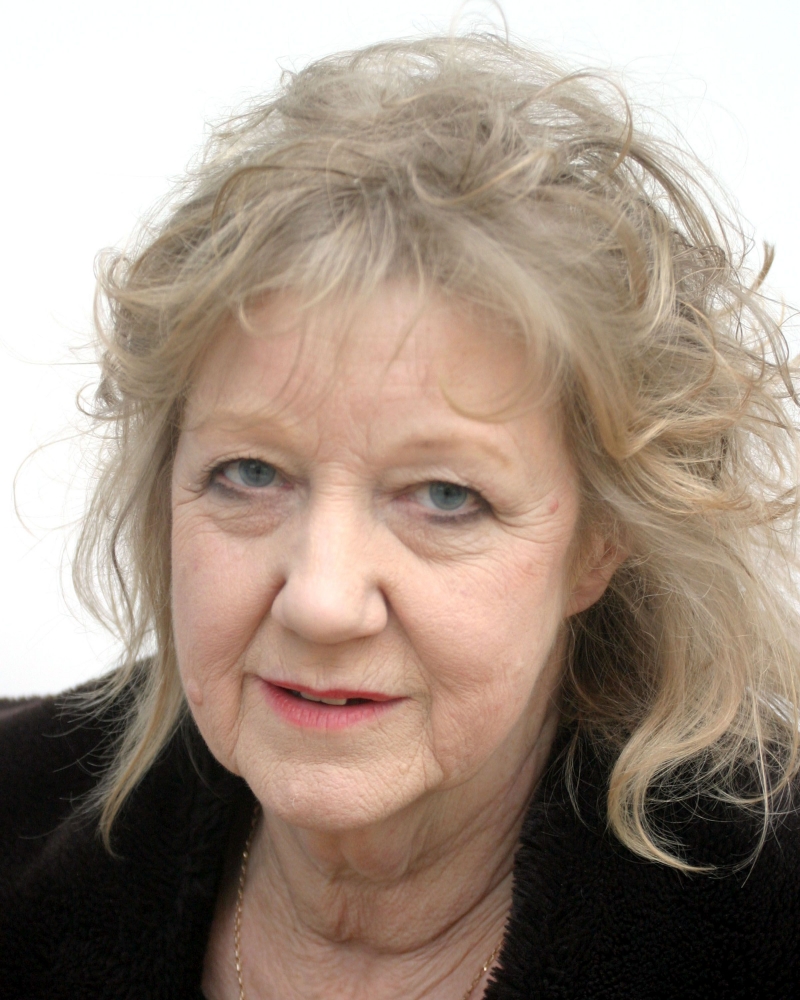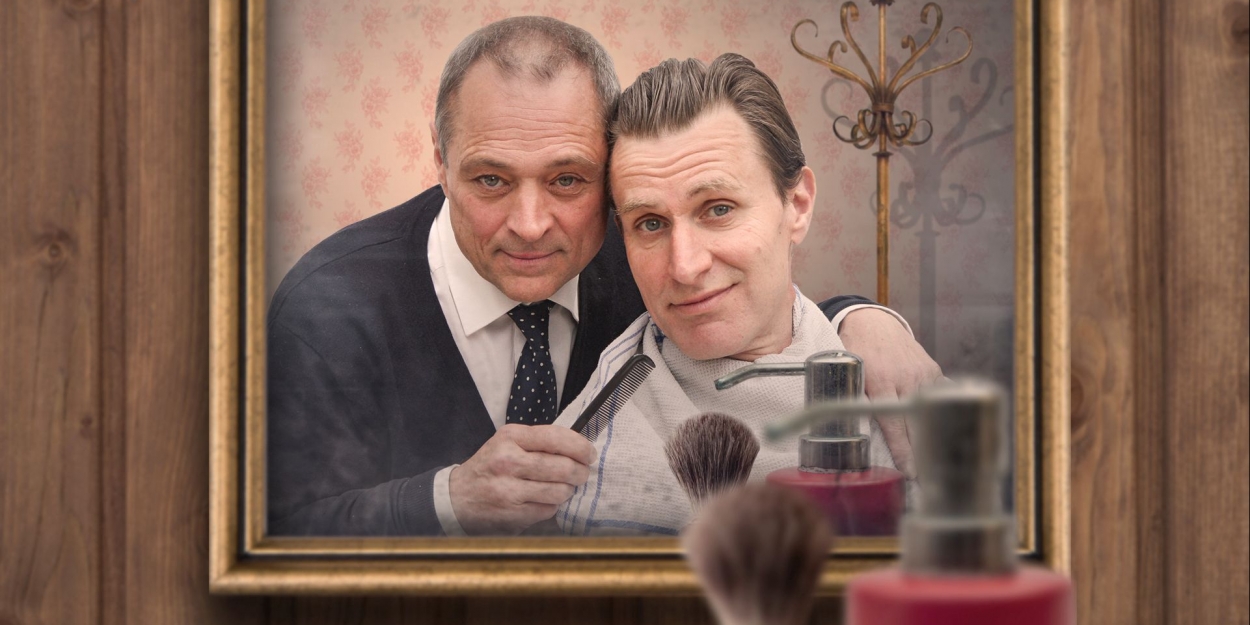
Tricia Thorns has been a professional actress for some 35 years and has of late added directing to her distinguished CV. Her latest production is a revival of Staircase, a two-hander from 1966 that was made into a 1969 movie starring, of all people, Rex Harrison and Richard Burton. Charles Dyer's play about two gay Brixton hairdressers starts a monthlong run at Southwark Playhouse on June 23, with Paul Rider and John Sackville as its cast. Thorns explains her attraction to the material below and to a play that, she says, has in no way aged with time.
What fascinates me about directing is telling other people's stories: to draw the curtain and look into their lives, their thoughts, their hearts, their delights, and of course their fears, too. When I go to the theatre I want to be transported for a couple of hours to another reality - not my own. And I want to come out transformed, to be able to understand more about other people, and above all to be entertained. I want to laugh and, sometimes, to cry.
I think Charles Dyer's Staircase offers all of this. We are invited to spend a particular evening with two gay barbers, Charlie and Harry, partners in their profession and in life. Charlie is on the brink of a life-changing situation, and Harry is about to learn a secret which could change his life as well.
As the evening unfolds we learn what that is, and why it is. The result comes wrapped hilariously in Charles Dyer's gloriously rich language, jokes and piercing wit. The play is like diving into a box of chocolates, some sweet and luxurious as the duo revel in their banter, some sharp, bitter or dark - but all to be relished. Staircase finds Charlie at a period when his acting career has fizzled out and he has been rescued by his nurturing partner, Harry; being with the pair is like sitting in on a well-rehearsed double-act.
The other thing I demand from an evening in the theatre is that it should be momentous. I don't want to waste my time on petty, mean issues. And certainly this play is about great and enduring truths. If I show someone what I'm really like, will they still love me? Do I dare to? Or shall I play out a fantasy life, to make them see a better me? And what about the world: which mask shall I put on for that?

There have been moments during this extraordinary year when I have thought, "This can't really be happening, can it?": London a ghost city, all the great cities of the world forbidden to us, and their glories, theatre, music, dance, art, all gone, at least in their live forms. "Could I close my eyes, and when I open them again it will all have gone away," says Charlie. I wish! The nightmare of losing your personal freedom, which Charlie is on the brink of, is all too real for us. The fear of losing our own lives has been near at hand. And the loneliness of being shut up with our dreams, without contact, is real to us now. So I think the play speaks now in a way it wouldn't have done before lockdown, before the loneliness and panic of the pandemic.
Graham [Cowley], my producer, and I are avid readers of plays and we are members of that wonderful institution the British Library. Pre-Covid, you could order a sheaf of plays (every play published is here) and sit and read them in the Reading Room to your heart's content. When we launched Two's Company in 2003, this yielded a treasure trove. Of course some are dated or weeded out for other reasons, but because they were written in their time, not looking back or forward, some are often full of fresh, passionate and controversial views of what is happening and when it's happening. That is what we love.
Staircase premiered in 1966, bringing together a trio of stellar and respected men of the theatre (Paul Scofield, Patrick Magee and Peter Hall), who found it exciting and interesting to explore so why shouldn't we? It was a smash hit then for the RSC, upping the performances to two a night!
And here's a curious thing. 2020 was a horrid, constricting year, limiting our freedom beyond what I could have believed. 1966 was a fun-loving period of sexual freedom, the "let it all hang out" ethos, Carnaby Street, and "Lazing on a Sunny Afternoon". It was marvellous - except for gay people, who were doing something illegal. The enormous fear (which Staircase illuminates all the more strongly by being cut through with wit, optimism and good humour) is awful to contemplate. No real crime has been committed, but there is the constant threat of imprisonment and shame. And, possibly worse, the "medical reports" that the play's Charlie so dreads. A 1965 Daily Mail survey revealed that while 63% did not think homosexuality should be a crime, 93% agreed that homosexual men were "in need of medical or psychiatric treatment." Often the barbaric "aversion therapy" was used. So maybe 2020 with all its horrors wasn't universally awful. At least it beat 1966 for sexual freedom for LBGTQA+s! Let us celebrate that, at least.
Staircase is a play about understanding, love and compassion. And it's very funny. I'm all for it!
Staircase at Southwark Playhouse 23 June - 17 July, livestream on 3 July
Photos c. Phil Gammon





